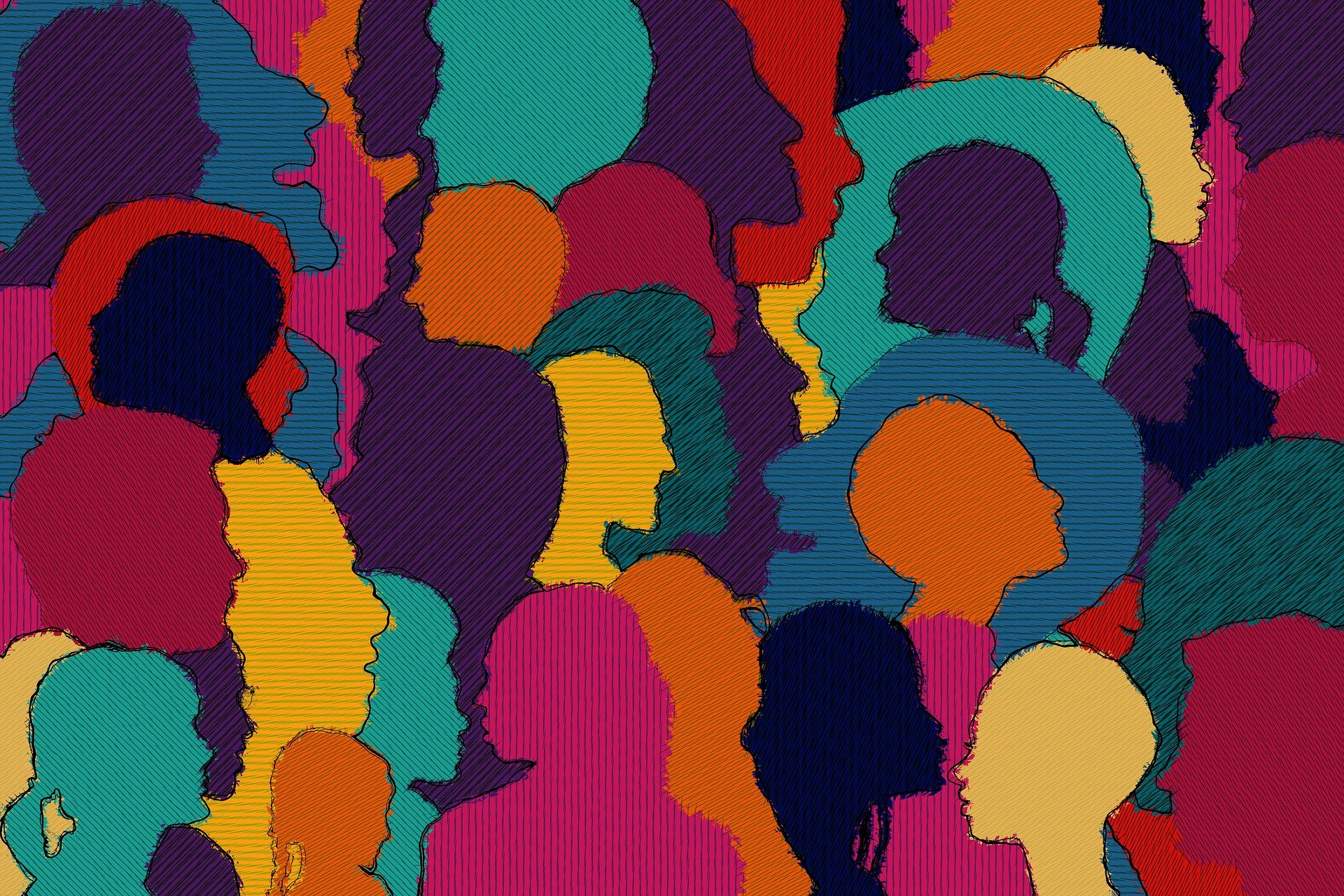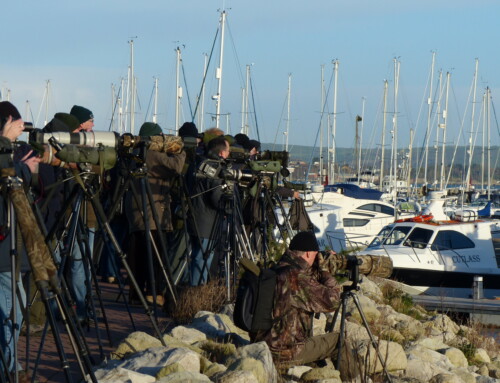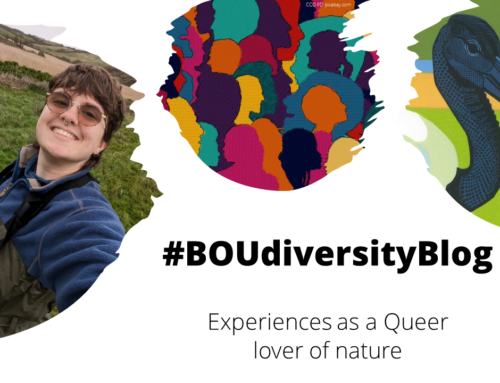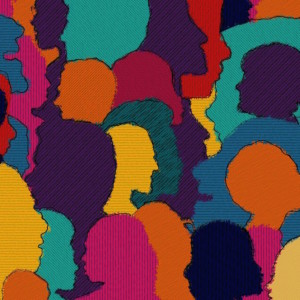
For most “normal” people, picking up dead, often rotting birds, is an odd thing to do. However, much to the dismay of my family and friends, I’ve picked up almost every avian corpse I’ve found, all over the world, since I was introduced to bird ringing at the age of 12. This was spurred by the fact that I actually found the first bird I helped ring as a chick a few months later, after it was hit by a car close to my family home in Ebbw Vale, South Wales.
Fast forward two decades and I’m now a licensed bird ringer, with a PhD on seabirds and climate change, and work as a marine ornithologist at Marine Scotland Science. So far so good. However, in 2017, half way through my PhD, I was diagnosed with Multiple Sclerosis: an incurable, progressive neurological condition, which slowly but surely is affecting my cognition and mobility, and will ultimately likely lead to profound disability. To date this has had minimal impacts on my day-to-day life, but includes issues with brain fog and working memory, neuropathic pain and a drop-foot in my right leg, which means I trip a lot. However, due to a worsening of my disease I started on a new, highly effective treatment in July 2021, which leaves me constantly immunocompromised, and thereby vulnerable not only to COVID, but to almost every infectious disease on the planet. Which means – no more touching dead birds!
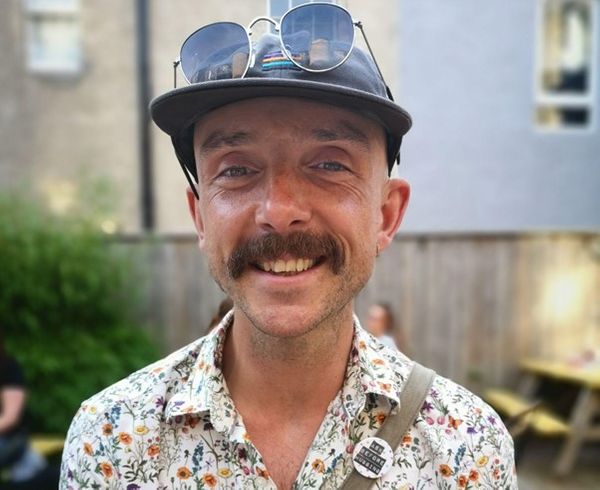
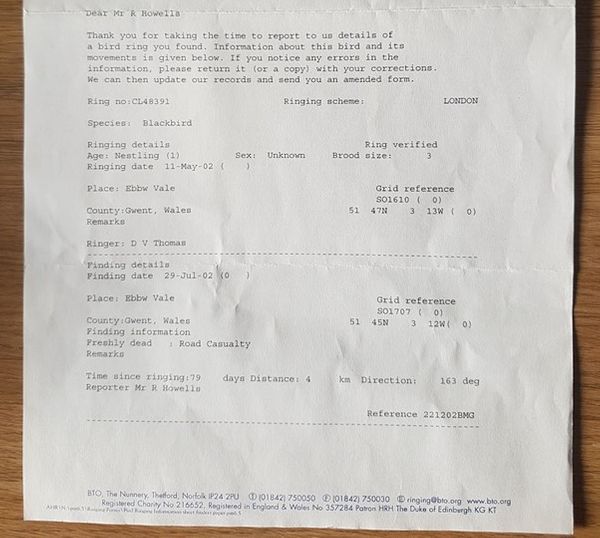
For those of you that have worked at seabird colonies, you will be well aware that for all the pretty pictures of Puffins (Alca arctica) carrying sand eels for their chicks and guillemots precariously balancing their gorgeous blue eggs on steep cliffs, they are filthy places. This is predominantly due to the vast amounts of guano (faeces) that breeding birds deposit around their nests and roosts. In addition, for all the new life and beauty of eggs hatching and chicks fledgling, there is also no shortage of death and decay. Handling seabirds is always a messy and potentially harmful business: be it the incredible amount of fishy faeces that ejects from the rear end of a Gannet (Morus bassanus), the sharp claws that Puffins use to dig their burrows, or the razor-like hook on the end of an European Shag’s (Gulosus aristotelis) beak, which makes light work of human skin and flesh (I have the scars to prove this!). All of these pleasantries are now particularly problematic for me, since while the risk of zoonosis (infectious, animal-borne diseases) from working with wild animals is always present, the risk of infection from working with such species now poses a very real risk – be it through infected wounds or catching bird-flu, which has recently been reported at several Scottish seabird colonies. After all, who wants to be Patient Zero in the next pandemic?
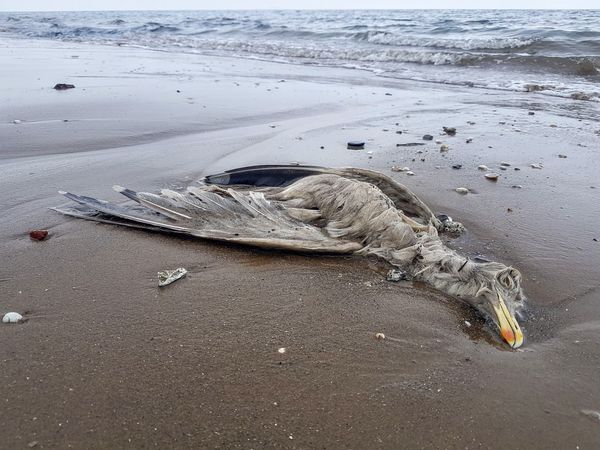
To say this is disappointing is an understatement, but the only constant in life is change. This is something I learnt from my dad, Gary Howells, as a child and is now truer than ever for me due to the ever changing and ultimately worsening nature of my condition. All is not lost however, and while it’s unlikely I’ll be working closely with high-risk species while immunosuppressed, it doesn’t mean I can’t do any bird ringing. From now on I’ll just avoid high-risk groups for avian influenza, such as waterfowl, and species which may harm me and break my skin, which unfortunately means most seabirds. Passerine mist nesting and nest finding is still on the cards and also more accessible than most seabird colonies! I’ll also always have my binoculars at hand, especially since I now live just four minutes from the beach in sunny Portobello, Edinburgh, with no shortage of gulls, waders and sea ducks to keep me busy, if not often confused.
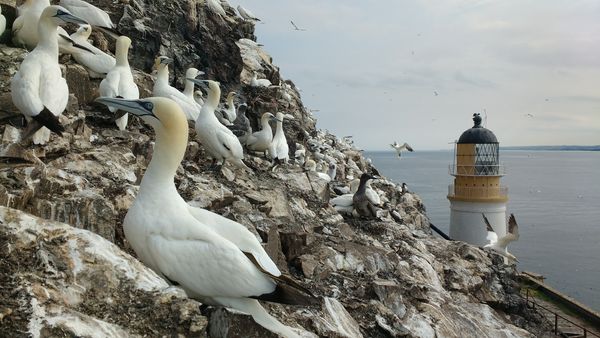
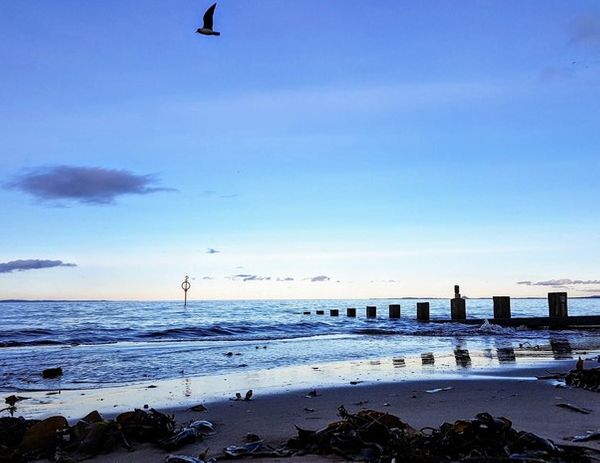
I always have and always will be an ornithologist but having spent my entire life getting to this point, these new challenges and changes are difficult pills to swallow (no pun intended). However, as with quite a lot of my life these days, multiple sclerosis doesn’t mean I can’t do things at all, just that I have to do them differently. Whatever the future holds my avian friends will always provide me with comfort and enjoyment, and continue to be a huge part of who I am and what makes me, me.
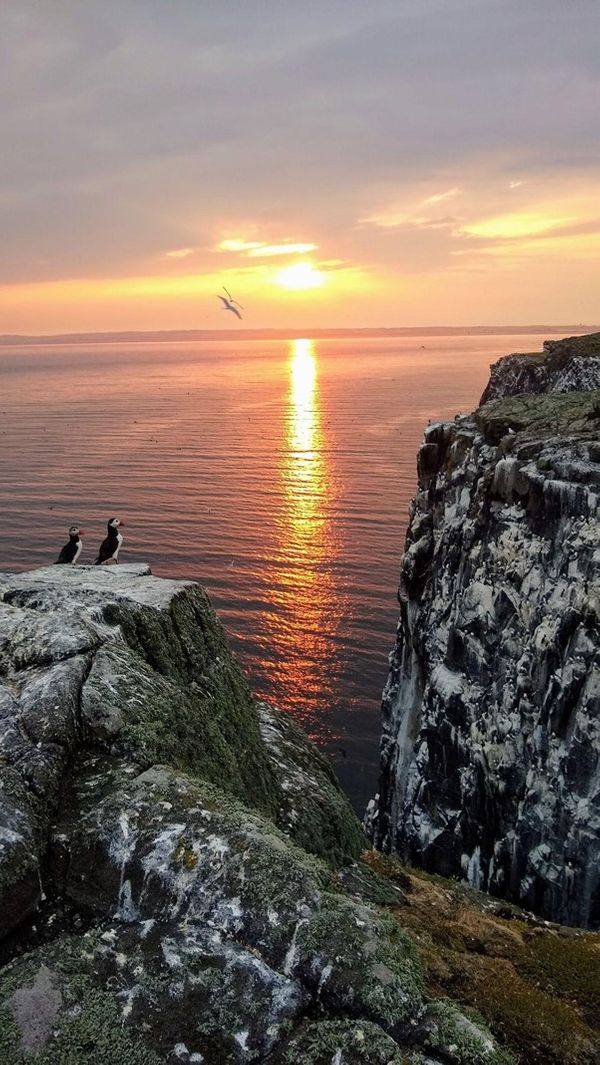
If you are interested in contributing to the #BOUdiversityBlog, please get in touch with us via this form which ensures anonymity for those who seek it.
Image credit: CCO GDJ pixabay.com
